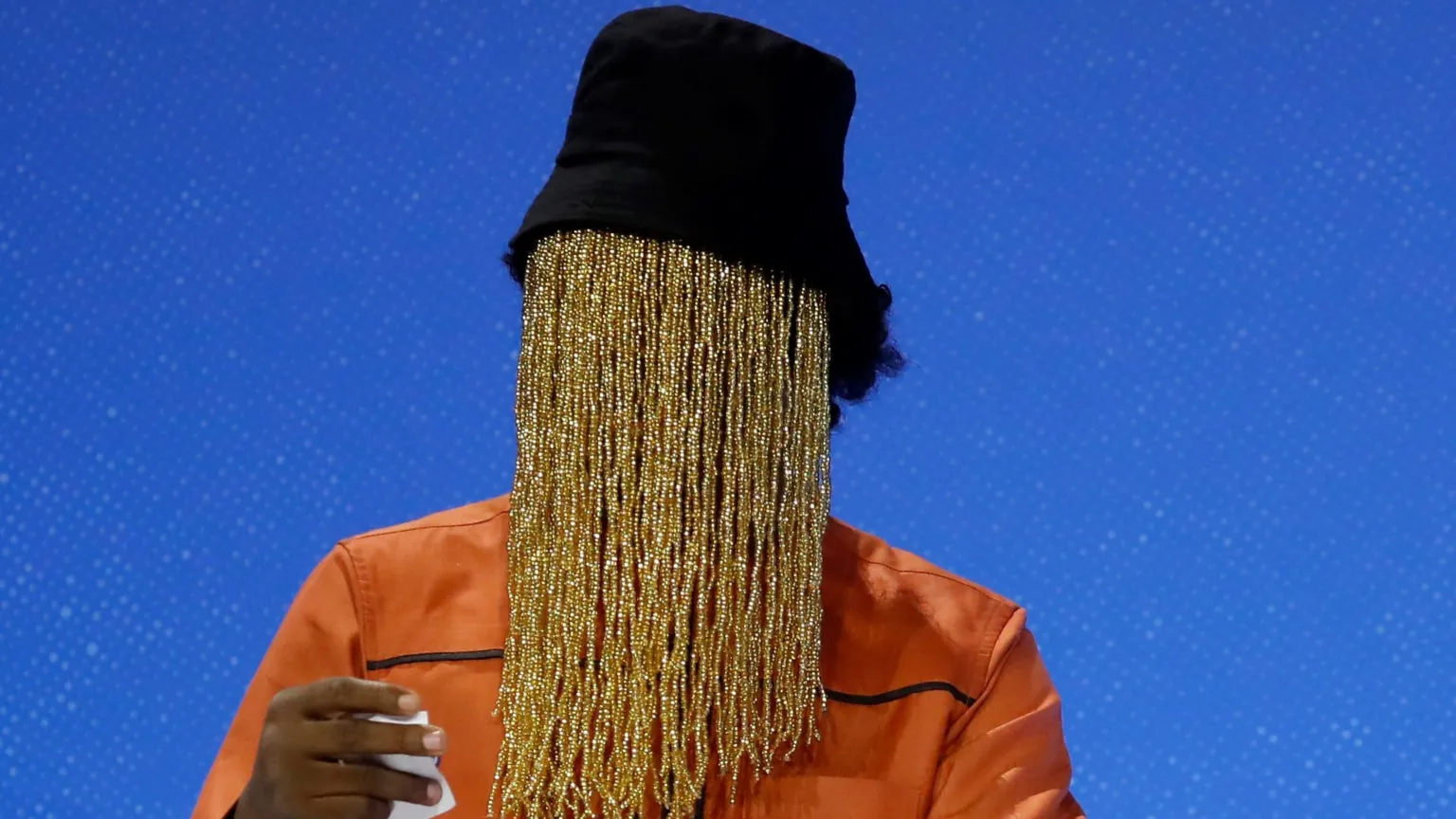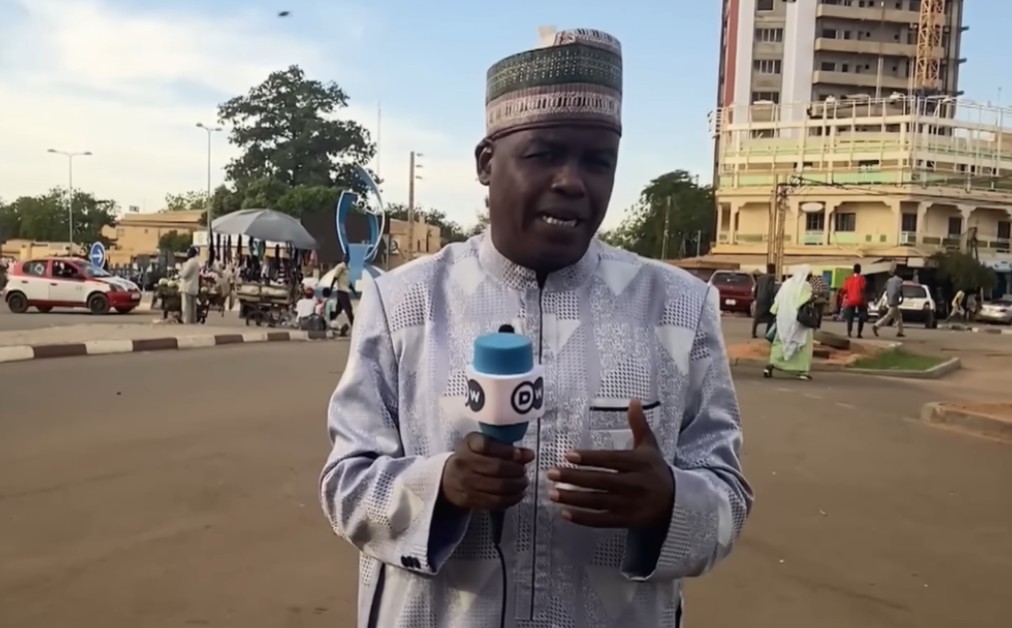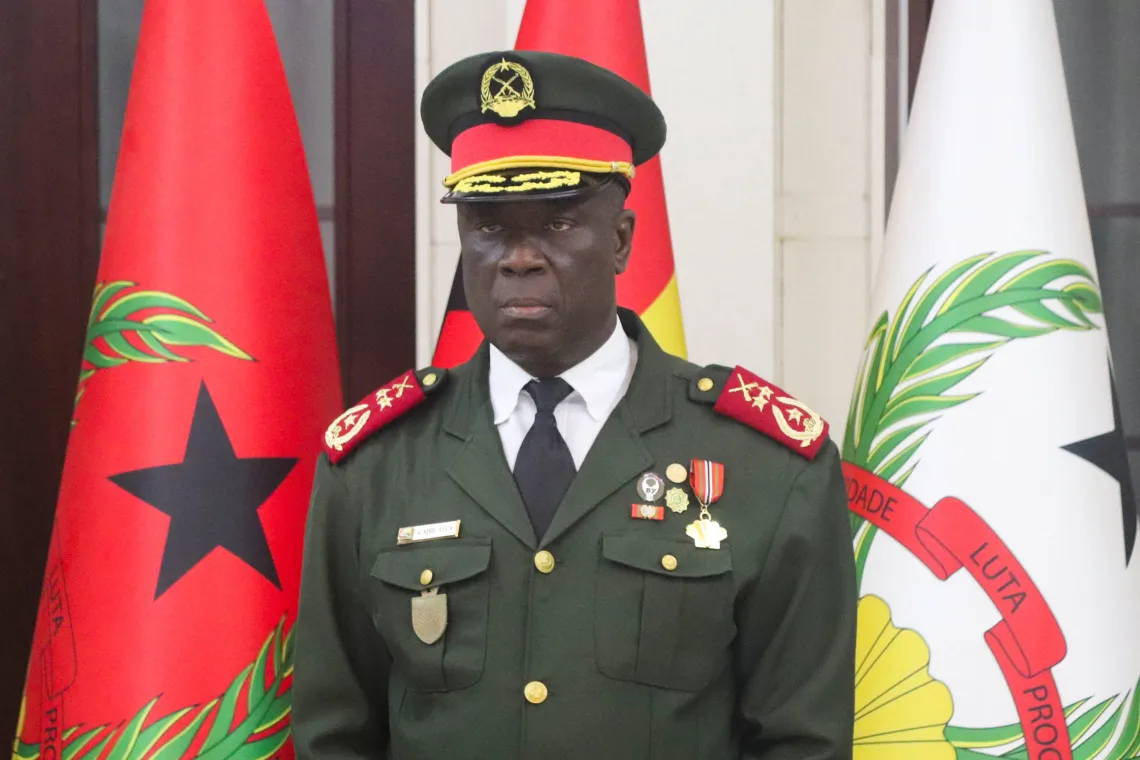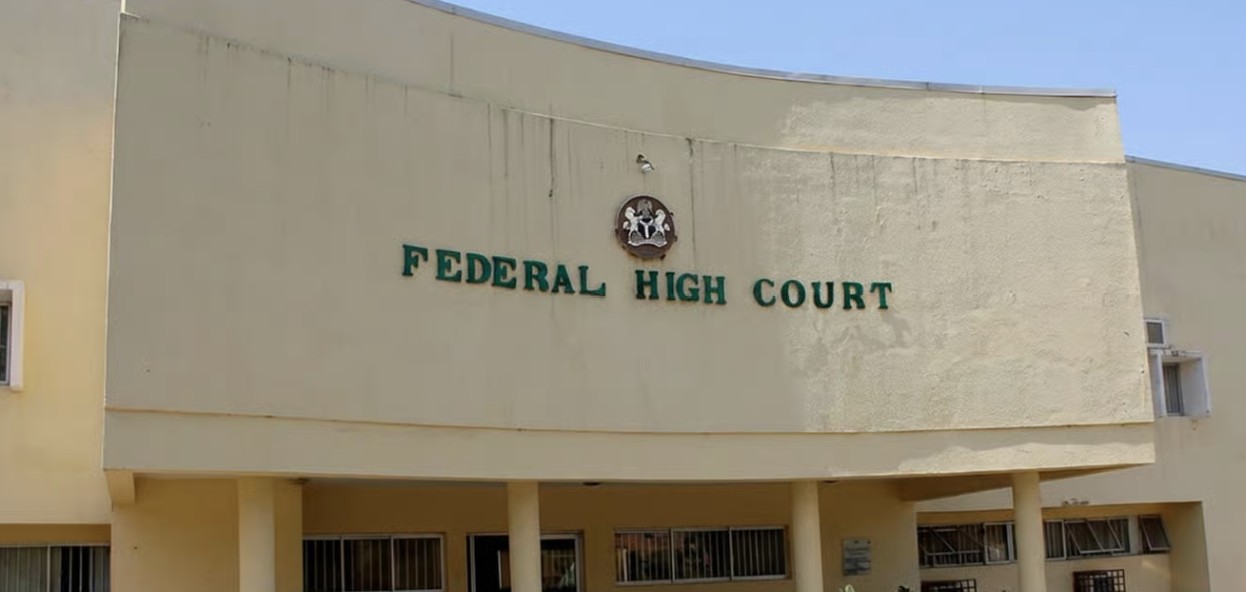
Iranian Plot to Kill Journalist Masih Alinejad Exposed in U.S. Court
March 19, 2025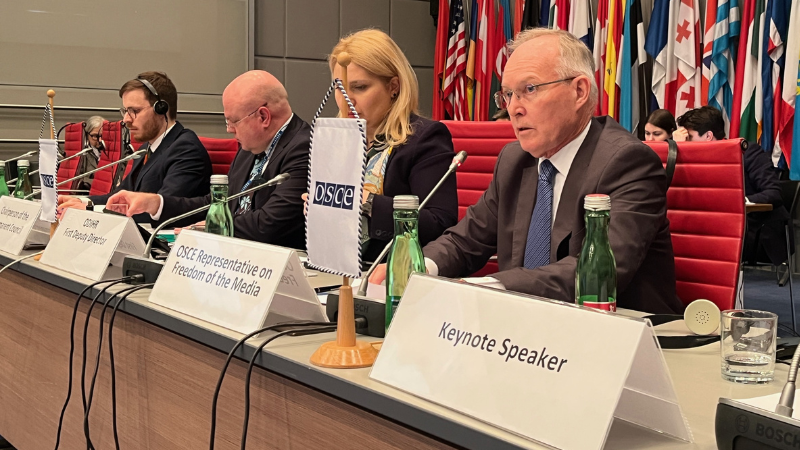
OSCE Calls for Stronger Protection of Journalists Amid Rising Threats
March 19, 2025March 19, 2025 – Ghana –
A U.S. court has significantly reduced a landmark defamation award to renowned Ghanaian investigative journalist Anas Aremeyaw Anas, cutting the compensation from $18 million to just $500. The case centered on damaging remarks made by former Ghanaian Member of Parliament Kennedy Agyapong during a podcast recorded in the United States. In that broadcast, Agyapong labeled Anas a criminal and falsely linked him to the 2019 murder of fellow journalist Ahmed Suale, who was gunned down in Accra after appearing in one of Anas’ corruption exposés.
In March 2025, a New Jersey jury found Agyapong guilty of defamation, awarding Anas $18 million in damages—$10 million in compensatory and $8 million in punitive damages. The ruling was hailed as a victory for press freedom and a strong statement against reckless public attacks on journalists. However, the celebratory mood was short-lived.
Following an appeal, the presiding judge described the original award as “legally unsustainable and disproportionate,” opting instead to reduce the total compensation to a symbolic $500. The judge acknowledged Agyapong’s statements as defamatory but claimed the evidence presented did not justify the magnitude of the initial payout.
Anas, known globally for his undercover journalism and trademark face mask, has voiced deep disappointment with the court’s reversal and has announced plans to appeal the decision. He stated that the lawsuit was never about monetary gain but rather about defending his reputation and drawing attention to the dangerous climate journalists face, especially those who confront powerful figures.
The case highlights both the potential and the limits of legal redress for journalists under attack. While the jury initially recognized the seriousness of the defamation, the court’s rollback reveals the legal hurdles faced in seeking justice—especially across international jurisdictions.
For Anas, the ruling is a setback, but not a deterrent. He affirmed his commitment to investigative reporting, insisting that no amount of intimidation would silence him. The case underscores ongoing global challenges to press freedom, where even legal victories can prove fragile.
Reference –

